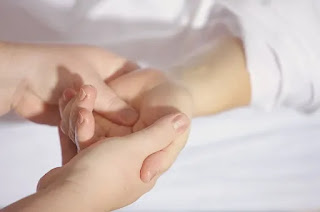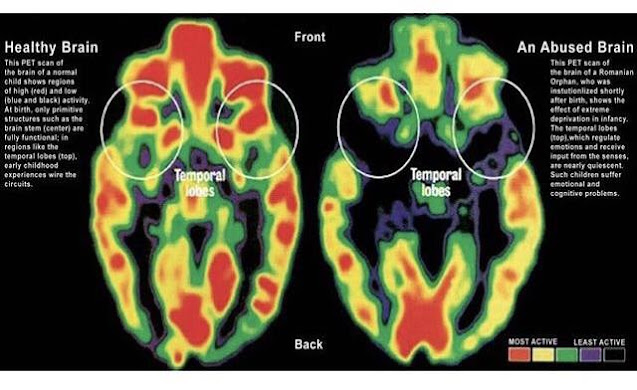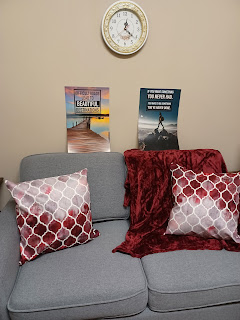What's so important about self-care?

With most if not all of my clients, I recommend a simple (but sometimes hard) exercise: self-care. Many people don't understand why. Some misunderstand what I mean by self-care. I thought I'd take some time this morning and briefly talk about what self-care is and why it is so important to everyone, but especially to everyone who is dealing with mental health issues. Self-care isn't all massages, manicures, and bubble baths. If those things make you feel great about yourself, by all means, do them, but I'm talking about small things that you can do in your daily routine, as simple as brushing teeth (or other hygienic things, which for people with depression, may seem hard) right up to taking a walk or having an outing with or without a human or animal friend. Free photos available at Pixabay.com The purpose of this kind of activity is simple. It is to feed the part of you that rarely gets any thanks or gratitude from anyone, the part of you that feels alone, misunderst...

